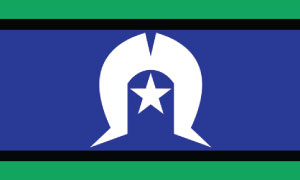The following table is a guide to assist Responsible Persons in transitioning from CLSIS to the new Data Standards terminology used in CLASS. This is not an exhaustive list of possible scenarios at a Centre. Where a Centre requires further clarification about how to record a particular type of work, please consult Community Legal Centres Australia.
Full definitions and examples of each Service can be found in the National Legal Assistance Data Standards Manual.
| To be recorded as: | Previously recorded as: | Examples |
Services for Individuals |
|
|
Information | Information |
|
Legal Advice | Advice |
|
Legal Task | Minor Casework (0-5 hours); or other case where representation was not involved; or Advice that involved minor task assistance |
|
Non-Legal Support (Discrete) | Advice (Non-Legal) |
|
Non-Legal Support (Ongoing) | Casework (Non-Legal) or a sequence of Advice (Non-Legal) activities |
|
Facilitated Resolution Process | Advice or Casework (variation as CLSIS workarounds in place in relevant CLCs) |
|
Duty Lawyer | Casework – where ‘Duty Lawyer’ is selected in Case Hours |
|
Court/Tribunal Representation | Casework – where ‘Court/Tribunal’ checkbox is ticked |
|
Dispute Resolution Representation | Casework – where ‘Primary/Alternative Dispute Resolution’ checkbox is ticked |
|
Other Representation | Casework – all other minor, medium and major cases |
|
Services for the Community | Non-Casework Project |
|
Project Type: Community Legal Education – Activities | Project Type: Community Legal Education |
|
Project Type: Community Legal Education – Resources | Project Type: Community Legal Education |
|
Project Type: Community Education | Project Type: Community Legal Education |
|
Project Type: Law Reform and Legal Policy | Project Type: Law Reform and Legal Policy |
|
Project Type: Stakeholder Engagement | Project Type: multiple may apply |
|


Community Legal Centres Australia acknowledges the traditional owners of the lands across Australia and particularly acknowledges the Gadigal people of the Eora Nation, traditional owners of the land on which the Community Legal Centres Australia office is situated. We pay deep respect to Elders past, present and emerging.

Community Legal Centres Australia is a proudly inclusive organisation and an ally of the LGBTIQ+ community and the movement toward equality.
ABN 67 757 001 303 ACN 163 101 737
Disclaimer | Privacy Policy
© Community Legal Centres Australia 2022 | Designed by DropIn Solutions